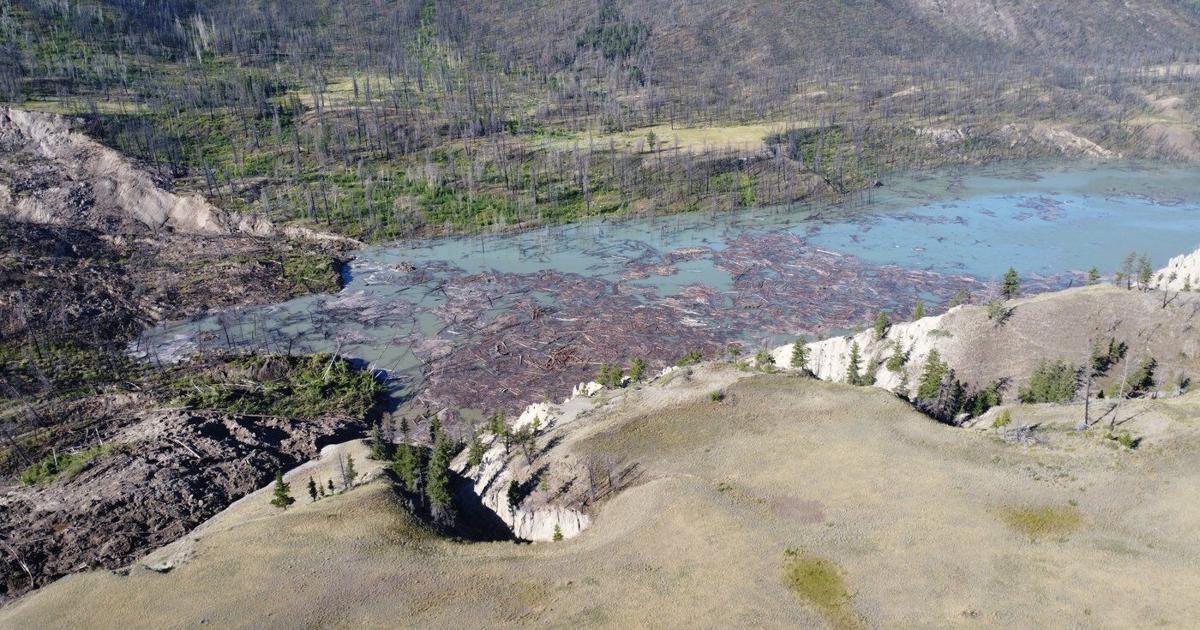EDMONTON – Alberta’s information and privacy commissioner says she has big concerns – including fuzzy definitions and insufficient guardrails – in two bills now being debated in the house.
The bills aim to amend existing access to information and privacy rules and are touted by Premier Danielle Smith’s government as being the strictest privacy regulations in Canada.
But commissioner Diane McLeod says, to the contrary, the government would be creating legislative holes if the bills are approved.
McLeod outlined her concerns and suggested changes in letters sent Wednesday to the sponsors of the bills: Technology Minister Nate Glubish and Service Alberta Minister Dale Nally.
Glubish’s bill would create a separate act for the protection of privacy while Nally’s bill proposes changes to freedom of information rules.
McLeod noted Glubish’s bill would allow the personal information of a minor to be shared without that minor’s permission if doing so was deemed to be in the youth’s best interest.
McLeod noted that the bill isn’t clear on who would be responsible for determining the best interests of minors, nor is it clear what best interest means.
“If disclosure is truly ‘in the best interests of a minor’ then it should be with consent,” McLeod wrote.
The commissioner’s letter also says Glubish’s changes don’t account for privacy risks when government bodies use “automated systems” to collect and make decisions around personal data.
McLeod wrote that it isn’t clear what an automated system even refers to or if artificial intelligence would be involved. She says privacy guardrails are therefore critical.
When it comes to changes put forward by Nally to Alberta’s freedom of information rules, “there are many grounds for concern,” McLeod wrote.
She wrote that the proposed changes give the government more power to avoid disclosing information to the public by including in the exempted correspondence “virtually all communication between political staff and (members of cabinet).”
Nally defended this change Wednesday, saying that such electronic communication should be confidential as freedom of information “is about access to government documents, not about political conversation.”
McLeod’s letter says she is also concerned about broad disclosure exemptions for government records relating to labour relations and “workplace investigations,” both of which the bill doesn’t provide a definition for. The letter also says the bill appears to exempt the disclosure of data kept in government databases.
“In my view, this amendment takes access rights a step back, not forward,” she wrote.
Glubish and Nally told reporters they will review McLeod’s concerns and recommendations over the coming days. Glubish also said that the government gave McLeod “unprecedented access” to the development of the legislation, but in a statement Wednesday, McLeod said her office didn’t see the finished bills until they were introduced in the legislature.
Both bills have passed first reading in the assembly and will need to be read and debated three more times before receiving royal assent.
This report by The Canadian Press was first published Nov. 20, 2024.

























